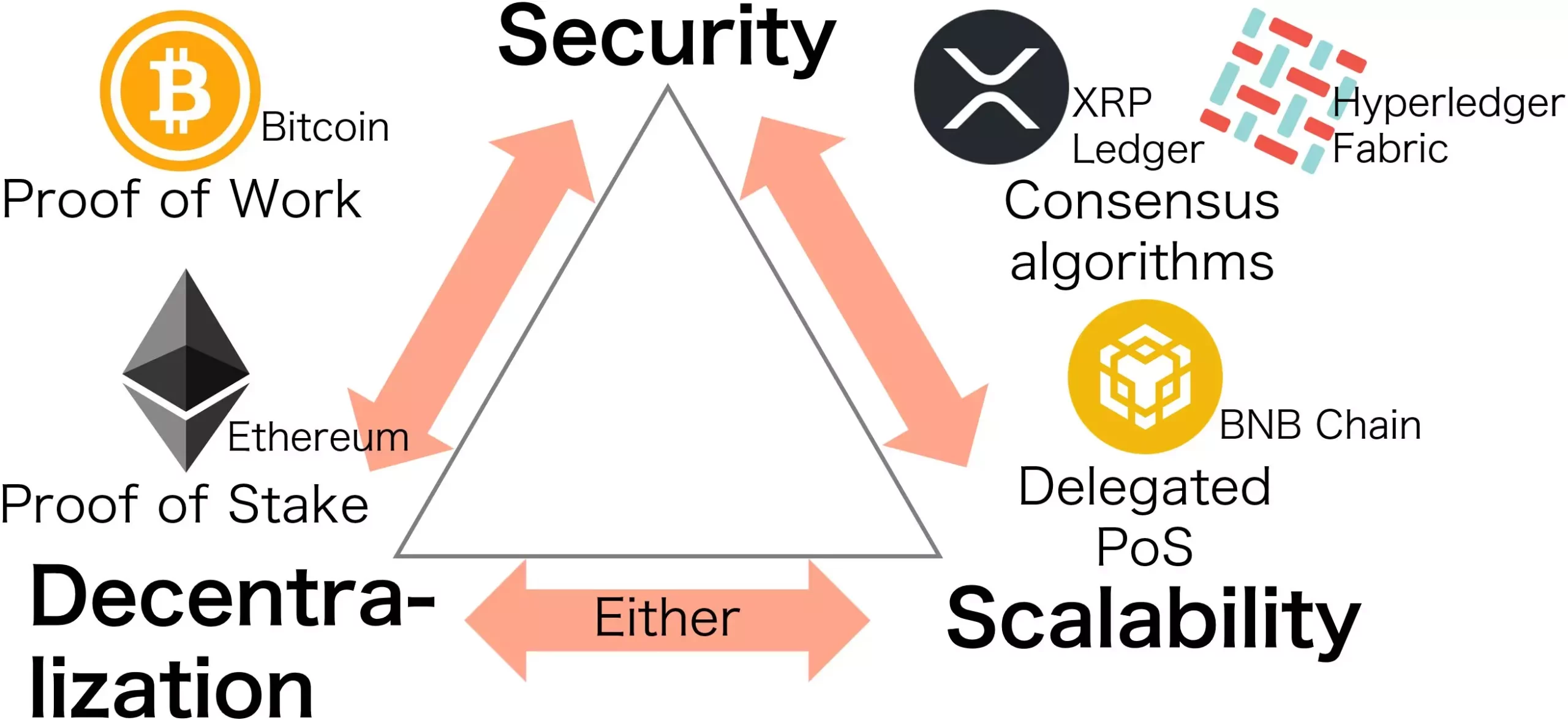In the realm of blockchain technology, achieving a harmonious balance among scalability, security, and decentralization poses an enduring challenge, popularly referred to as the blockchain trilemma. It has long been accepted in the developer community that enhancing one of these elements often compromises the others. However, a recent breakthrough by researchers at Kyoto University may be the key to untangling this complex web of limitations, opening the door for more robust blockchain systems.
A Mathematical Approach to the Trilemma
The Kyoto University research team has formulated a mathematical expression that elegantly captures the relationship between scalability, security, and decentralization, particularly in Proof of Work (PoW) systems like Bitcoin. The equation suggests that the product of these three factors remains constant—essentially, one can only maximize two at a time while the third must inevitably decline. This groundbreaking work offers both a theoretical foundation and practical pathways to enhance blockchain performance without sacrificing core principles.
Team leader Kazuyuki Shudo asserts, “By observing the trilemma formula, we can see ways to improve scalability without sacrificing security or decentralization.” This quote encapsulates the promise of the researchers’ findings. The formula suggests strategic methods to enhance scalability, including optimizing transaction sizes and improving block transmission rates. These revelations could significantly alter the trajectory of future developments in blockchain infrastructure.
Examining Existing Solutions and Their Trade-offs
Historically, various developers have proposed their own solutions to the trilemma, yet many have fallen short of presenting concrete evidence on how their methods affect security and decentralization. An example is Bitcoin’s Compact Block Relay, which streamlines transaction sizes in a block, theoretically improving scalability. However, it prompts an essential question: at what cost? Shudo’s remark about the vagueness of these claims demonstrates the urgent need for transparency in evaluating different scalability techniques.
As research progresses, it’s imperative for the blockchain community to engage in rigorous analyses of existing and proposed solutions. Without such scrutiny, developers risk adopting seemingly innovative approaches that may inadvertently undermine the fabric of security or decentralization within their networks.
Beyond Bitcoin: Acknowledging Diverse Blockchain Paradigms
While the findings focus on Proof of Work and Bitcoin, there’s a broader context in which to situate this research. The recent shift of Ethereum to a Proof of Stake (PoS) mechanism indicates an evolving landscape where alternative consensus algorithms may also address the trilemma effectively. The Kyoto team recognizes this potential, asserting that their framework can be adapted to assess PoS systems as well.
This recognition is vital, as it encourages a more nuanced discourse around blockchain technologies, pushing developers to explore various models beyond the traditional boundaries of Proof of Work. By fostering an inclusive environment for innovation, the blockchain community stands to benefit tremendously.
A Call to Action for Developers
The Kyoto University findings serve as a clarion call for developers to rethink conventional approaches to blockchain scalability, security, and decentralization. With newfound mathematical clarity, the industry now has the toolkit to explore comprehensive solutions that might lead to breakthrough systems capable of supporting applications well beyond mere cryptocurrencies. The potential for revolutionizing how we understand and implement blockchain technology is immense—it’s a new frontier waiting to be explored.

